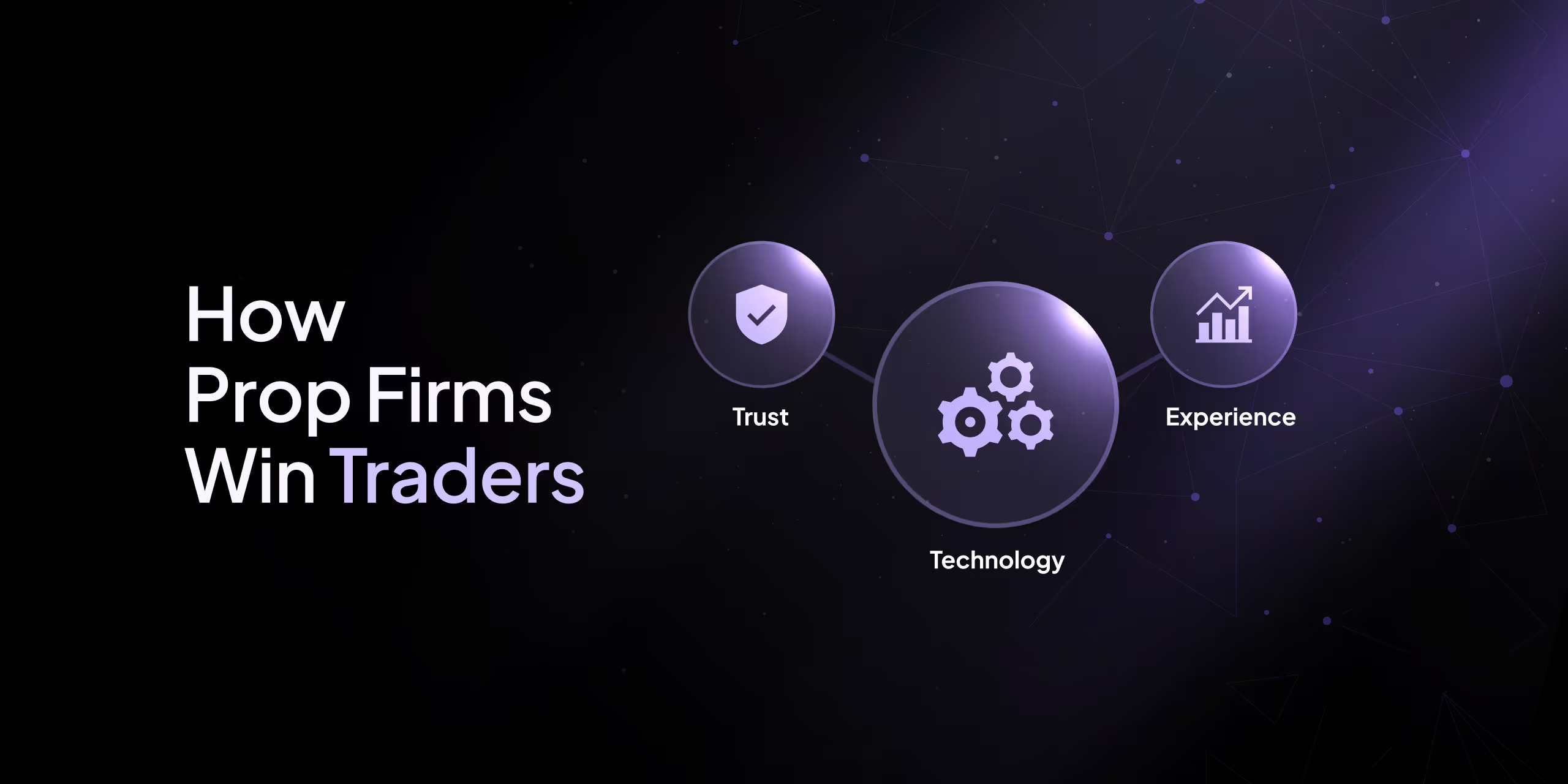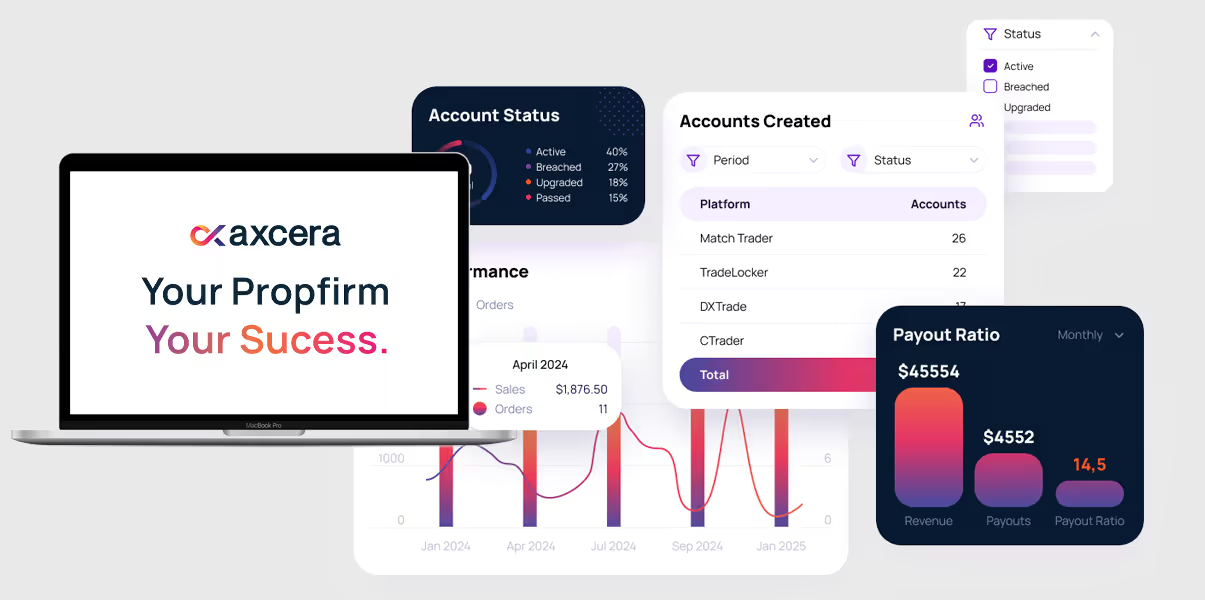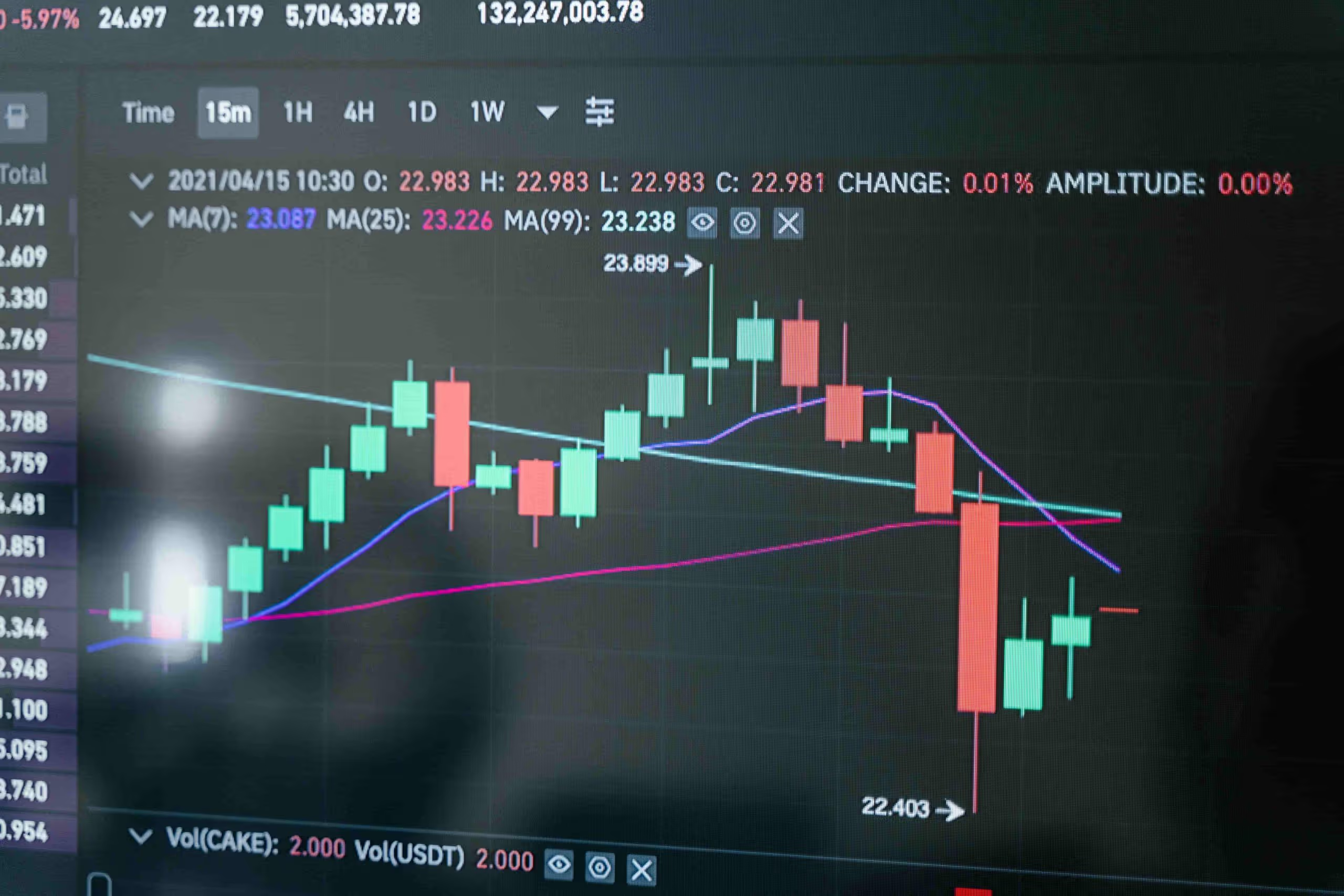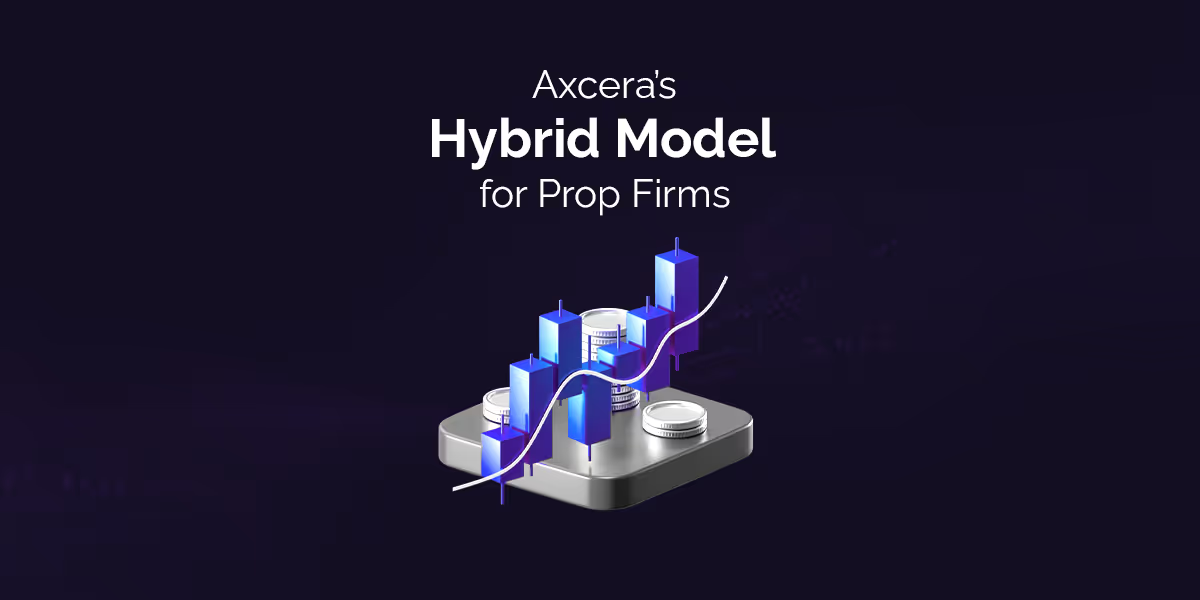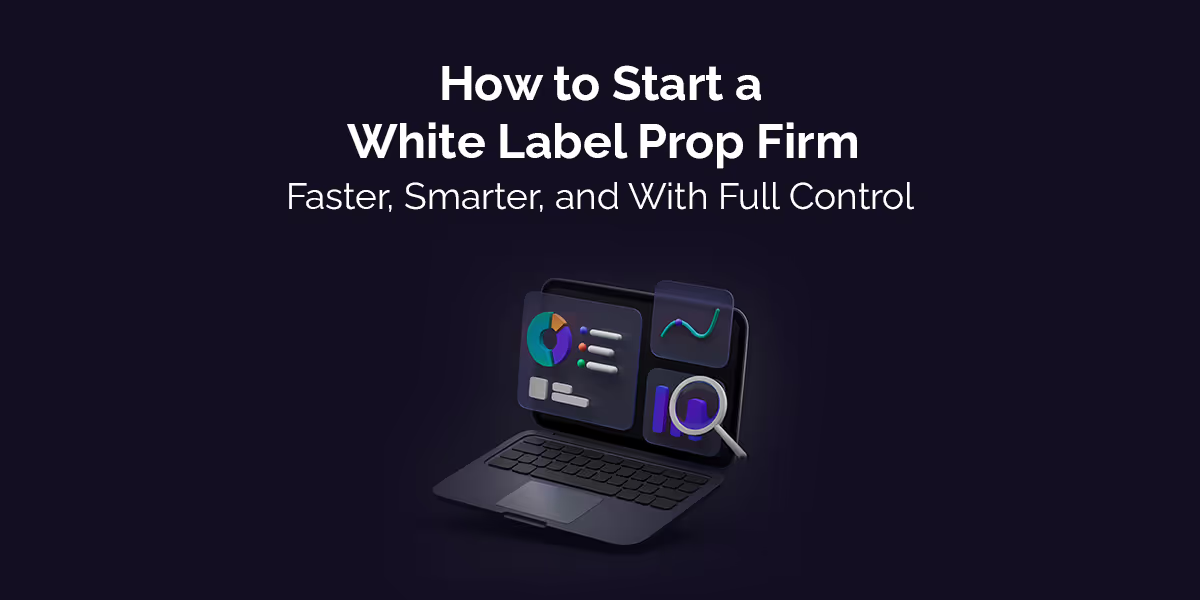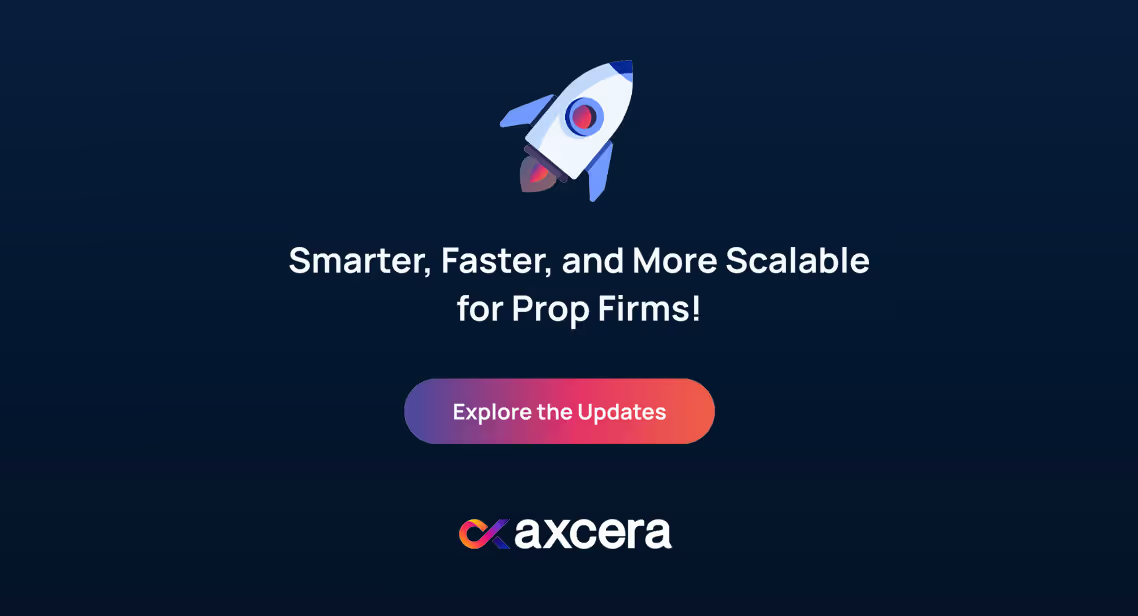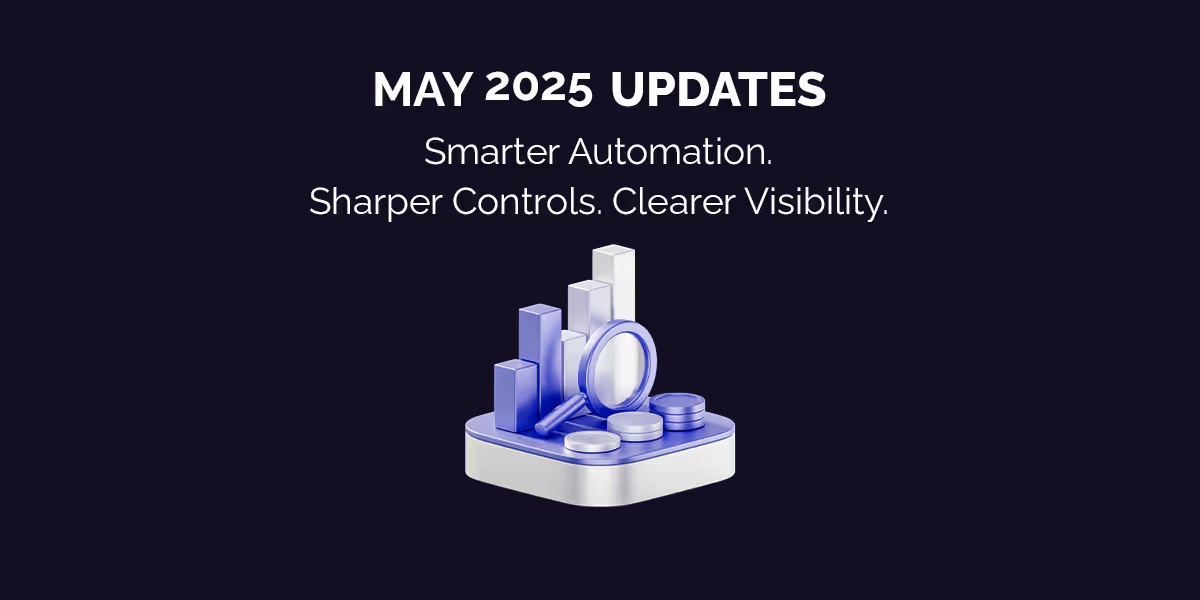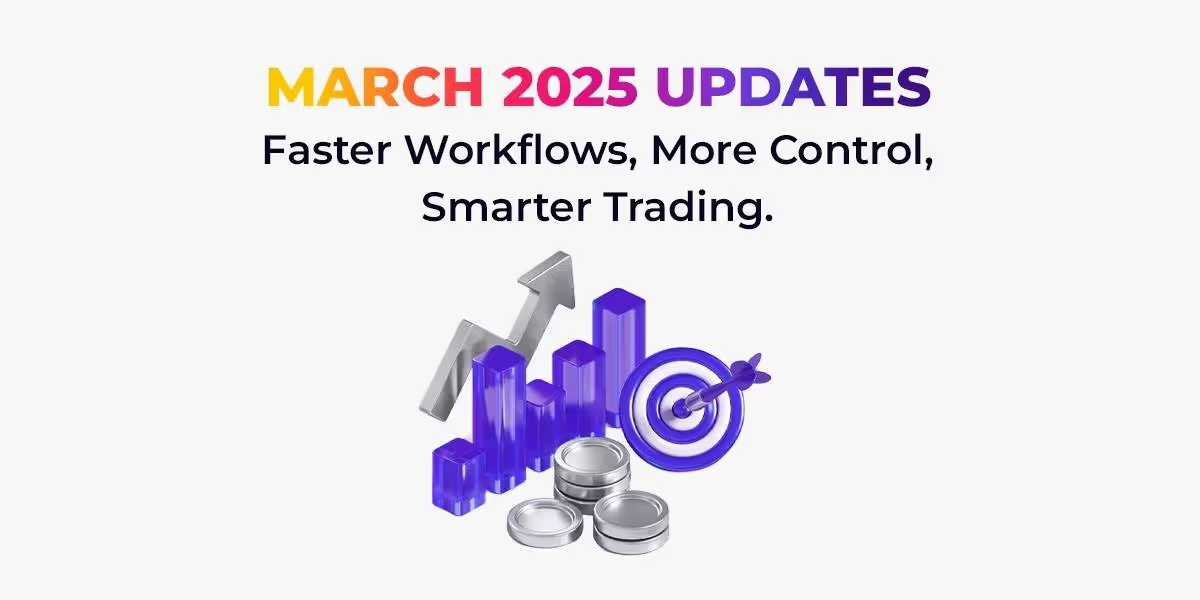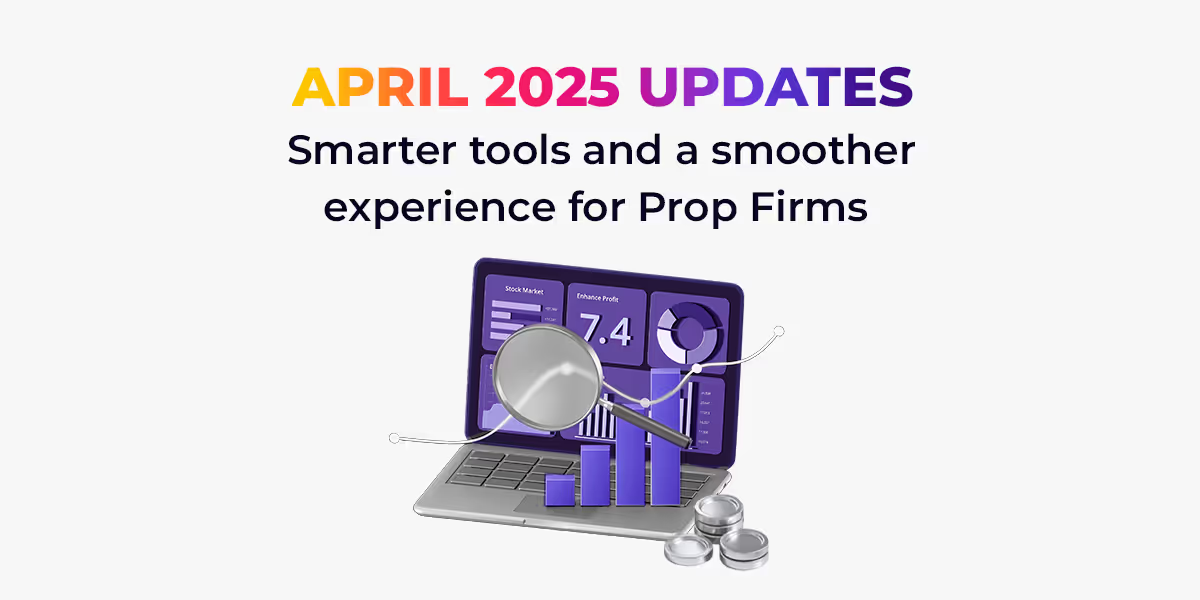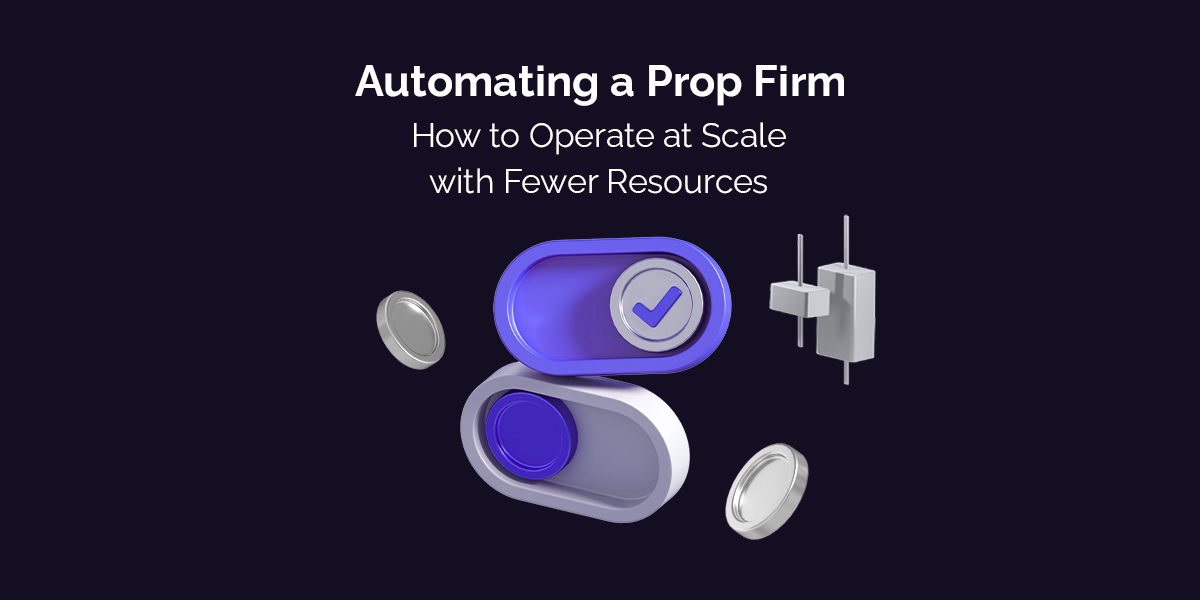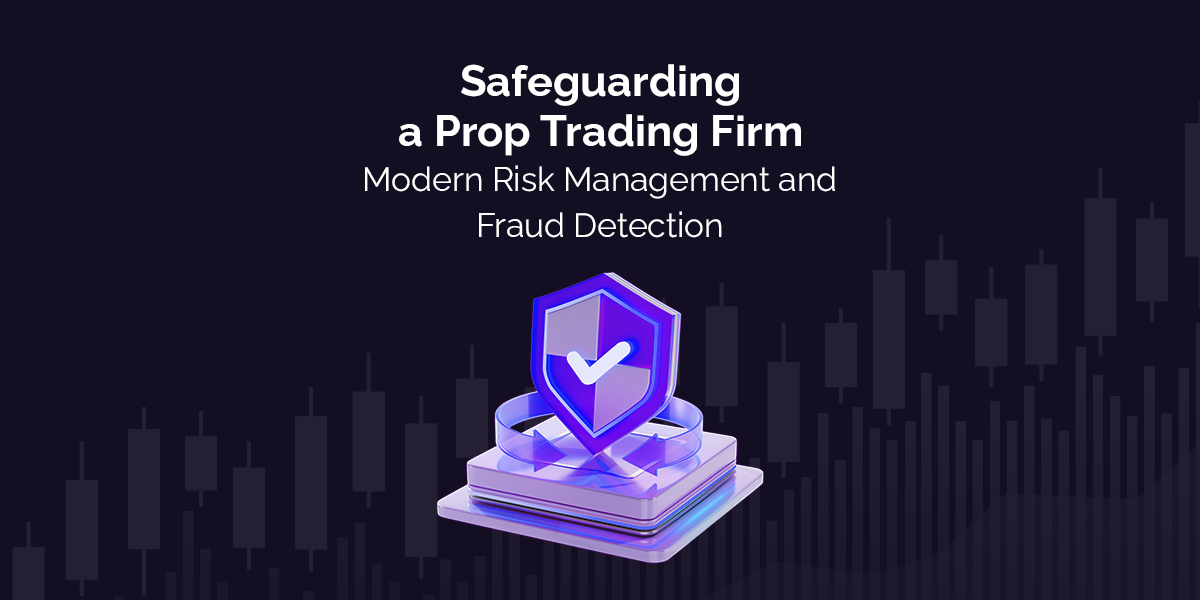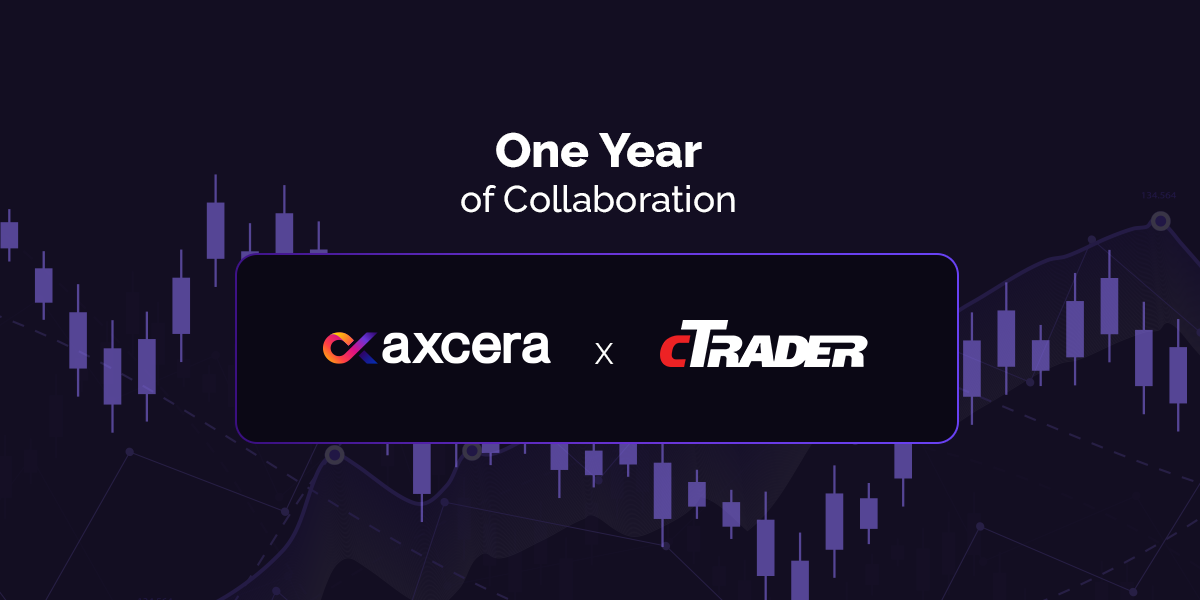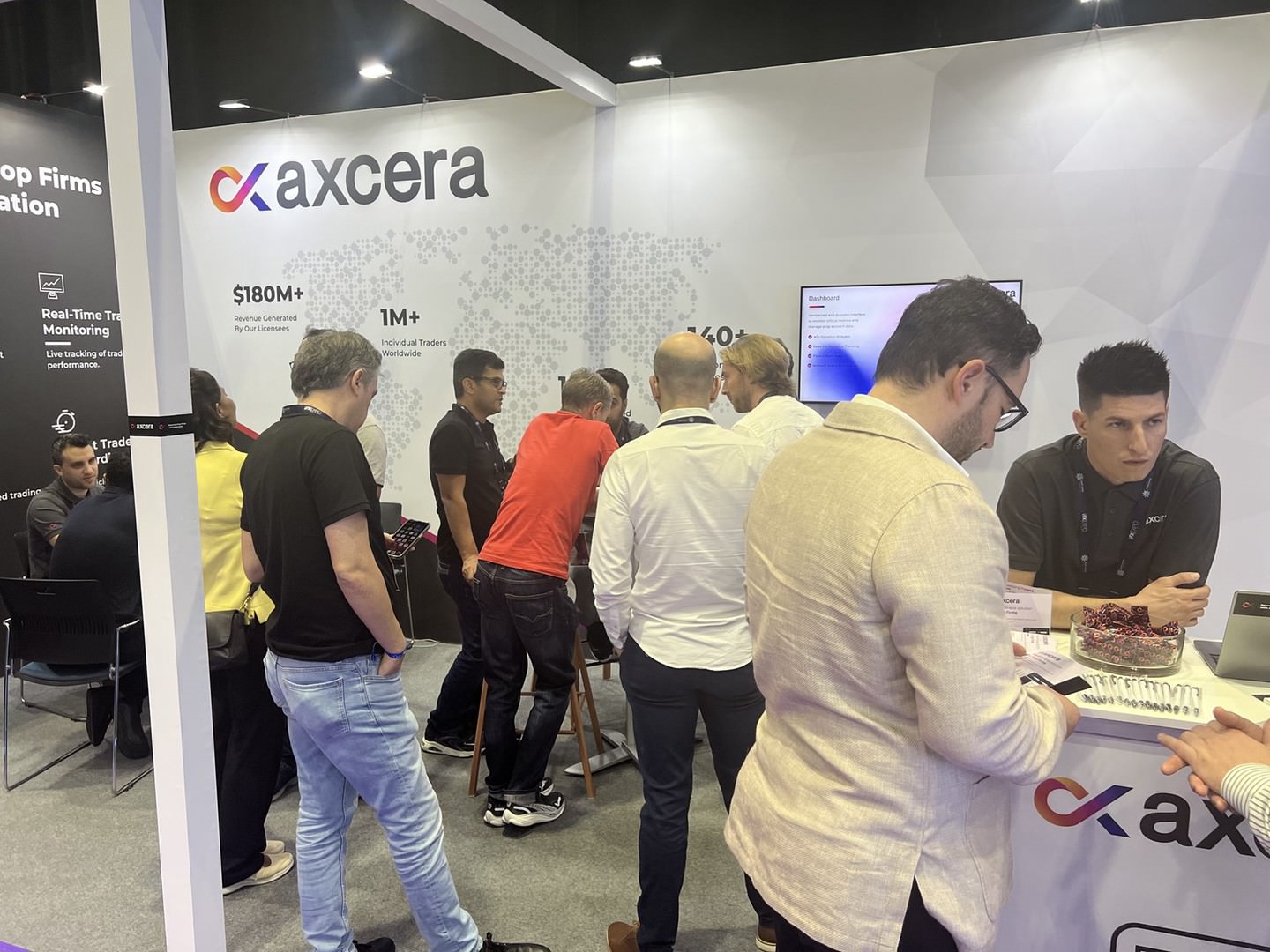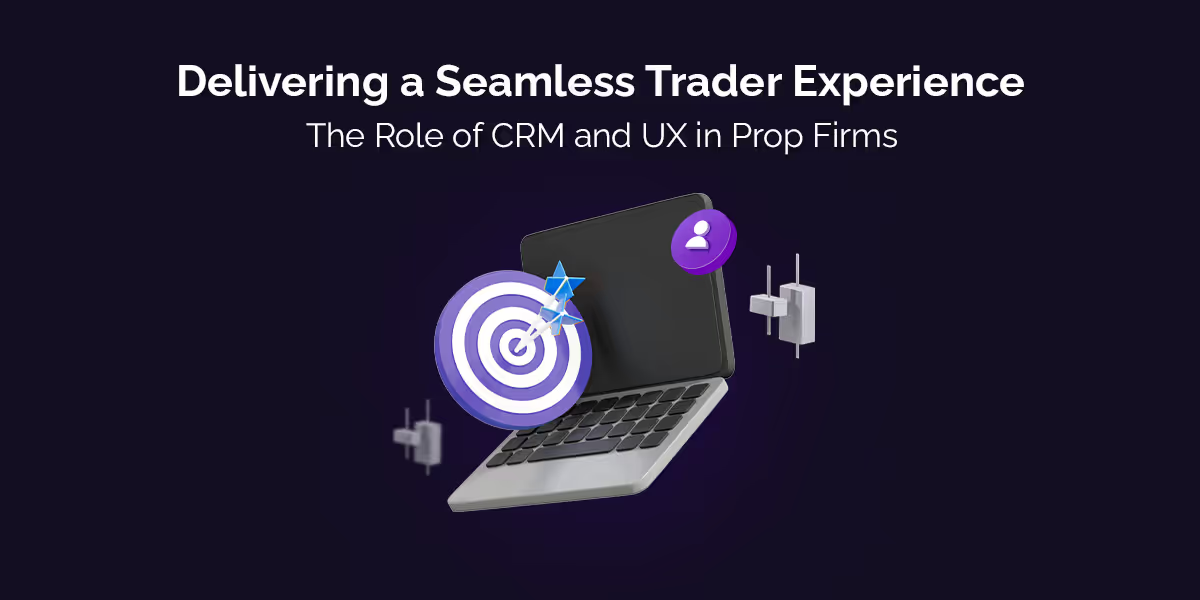From Startup to Global Prop Firm: Scaling Up Without Losing Control
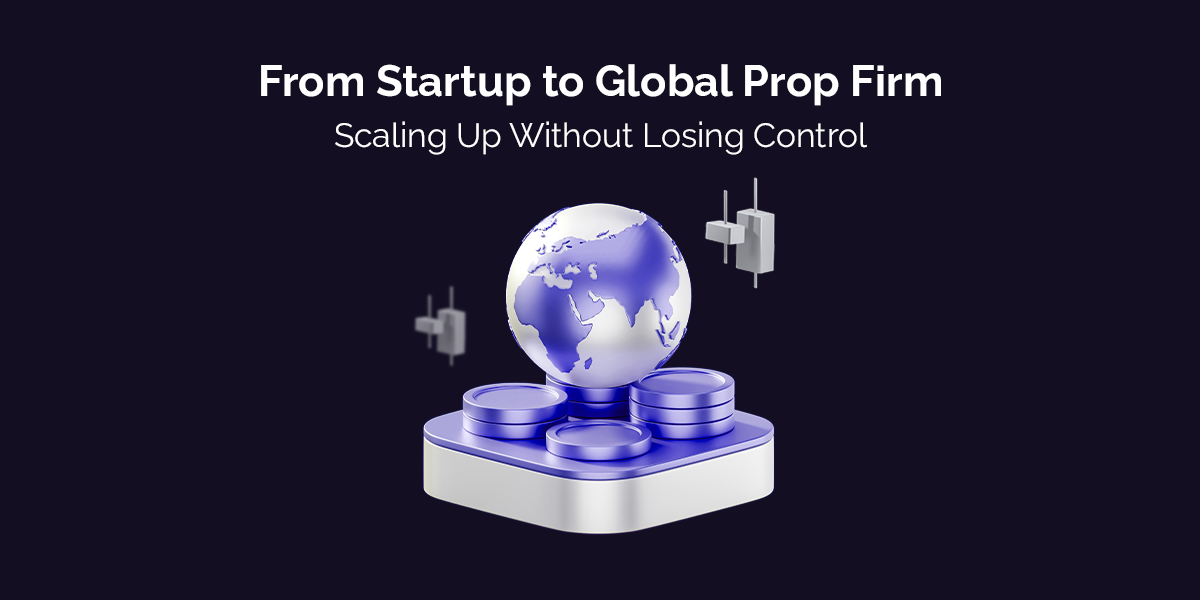
Scaling Challenges in the Prop Firm Journey
Launching a prop trading startup is one thing, scaling it into a global operation is another. As a prop firm grows, it must handle more traders, larger transaction volumes, multiple asset classes, and regulatory requirements across regions. Without the right systems, this expansion can lead to operational mistakes or compliance issues. The core challenge is to grow without losing control over the business. This means maintaining visibility into trading risk, enforcing rules uniformly, and preserving the firm�s standards and reputation even as you expand to new markets.
Technology is the linchpin in achieving this balance. Modern prop firm technology provides platforms for real-time monitoring and automation that let a business scale while staying in command of operations. Many successful firms attribute their growth to leveraging third-party trading technology that let them expand faster and focus on acquiring traders rather than building software.
The Role of Multi-Asset Support and Infrastructure
A key aspect of scaling up is offering more to your clients, that often means more markets and instruments. A startup prop firm might begin with just forex trading challenges, but a global firm will likely offer CFDs on indices, commodities, cryptocurrencies, and even equities or real futures. Having multi-asset prop firm software is critical so you can introduce new asset classes without a complete platform overhaul. Choosing a technology platform that supports multi-asset trading or easily integrates with additional trading platforms can future-proof your expansion.
Equally important is a robust infrastructure to support a global user base. Cloud-based, scalable servers and proper load balancing will keep the platform reliable and fast for traders around the world.
Automation and Operational Efficiency at Scale
When scaling, the volume of routine tasks (onboarding traders, processing payments, handling support queries, etc.) increases dramatically. Relying on manual processes that worked for 50 traders will not work for 5,000. This is where automated prop trading solutions and back-office automation become essential:
- Automated Onboarding: Digital workflows ensure new trader applications, identity verification, and account creation happen with minimal human intervention.
- CRM and Evaluation Management: A centralized prop firm CRM combined with evaluation management software lets you track thousands of traders and apply challenge rules uniformly. Some systems even allow you to set automatic phase advancements or require manual approval for advancing traders.
- Risk Management Systems: As discussed, scaling without losing control requires strong risk oversight. Automated risk alerts and cut-offs for drawdown breaches will act across all accounts instantly. Firms that scale implement tools to set risk thresholds and get notified of any breach in real time. This way, increasing trader numbers do not dilute risk oversight.
- Financial Automation: Handling payouts and payments in multiple currencies is tedious without automation. Scaled firms use integrated payment gateways and scheduled payout systems (for example, automating profit splits on set dates) to cope with global scale efficiently.
By deploying these automation and management tools, a prop firm can operate like a well-oiled machine even as it grows exponentially. The goal is that a trader in London and a trader in Singapore both experience the same efficient, transparent process, and that management has a clear real-time picture of both.
Retaining Control: Customization and Oversight
A common concern when scaling through external platforms is the perceived loss of control over one�s technology and operations. While a prop firm white-label setup accelerates time to market, the key is choosing a provider that supports deep configuration and transparency. Leading firms understand that success lies not in abandoning white-label solutions, but in selecting platforms that offer both agility and oversight.
Modern infrastructure partners like Axcera allow firms to go beyond out-of-the-box settings. Decision-makers can tailor everything from trader evaluation rules to drawdown logic, payout cycles, and branded UX. Firms can implement proprietary rules, integrate add-ons, and manage risk parameters without having to build systems from scratch.
To ensure long-term control, successful prop firms also prioritize:
Platform Configuration - Even within a white-label framework, firms can align workflows, risk settings, and branding with their business model. The most competitive firms use vendor flexibility as a strength, applying their own IP on top of a robust proven foundation.
End-to-End Visibility - Full access to reporting, audit logs, and trader behavior allows management to stay in control of performance, compliance, and scale. With platforms like Axcera, every action across the firm can be tracked, measured, and optimized.
Scaling up does not mean ceding control. On the contrary, it demands a more disciplined approach to control, enabled by technology. The right technology partner will understand this and provide you with the customizability, administrative controls, and data access you need to feel in command of your expanding operation. Axcera is built for firms that want both operational independence and the power to scale.
By combining multi-asset trading capabilities, automation, and vigilant oversight, your prop firm can expand boldly and remain firmly in control. Ready to scale your prop firm with confidence? Axcera�s white-label platform equips you with multi-asset support, automation, and granular control tools. Book a demo with Axcera to explore how you can grow your prop trading business without compromising on control.
Ready to Start your Prop Firm?
Join 50+ satisfied prop firms powered by our enterprise-grade technology

.jpg)



